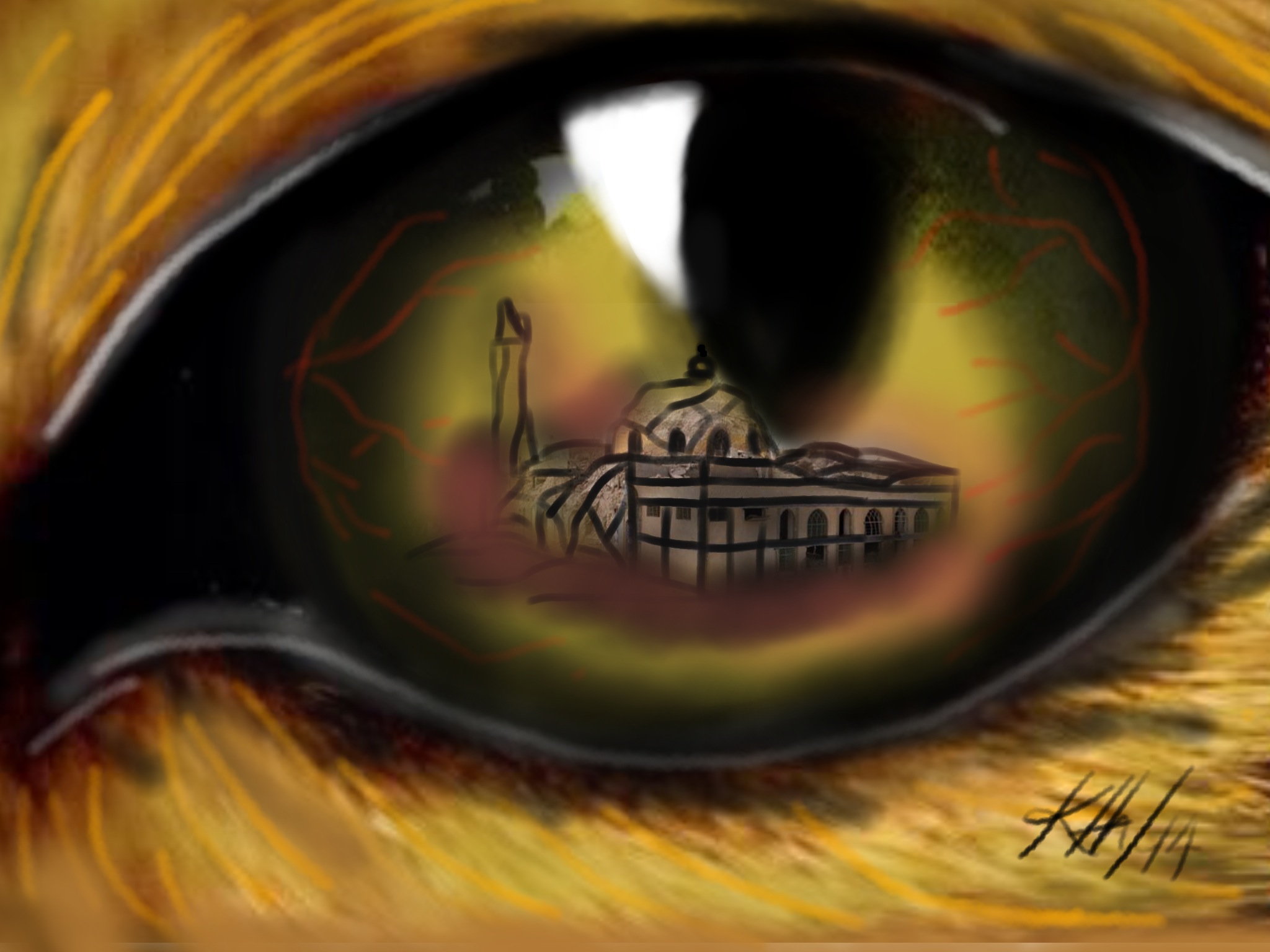Villages in Sri Lanka were once again in flames this week as the government declared a state of emergency. More than 100 years after the first anti-Muslim riots in 1915, Sinhala mobs led by Buddhist monks have again gone on a rampage, destroying mosques, businesses and homes. A curfew has been put in place and Sri Lankan security presence beefed up. Yet, with reports that security officials have stood idly by, the violence has continued and only after several days shows signs of simmering down. Amidst the calls for calm and restraint, Sri Lanka’s leaders have glaringly failed to call out the perpetrators behind the violence and the ideology that drives them - a deeply entrenched and toxic Sinhala Buddhist nationalism that has spurred conflict on the island for decades.
The most recent anti-Muslim violence, in Amparai as well as Kandy, comes as no surprise. Since coming into power in 2015, the Sri Lankan government has been unwilling to hold prominent Buddhist leaders who have been implicated in stirring anti-Muslim sentiment to account. Members of the ultra-nationalist BBS (Buddhist Power Force) roam free, a demonstration of the widespread support they receive amongst the Sinhala polity. Indeed, the government’s attempts to shut down social media point to the extensive and easily gained traction anti-Muslim hate speech has throughout the South. As the recent local election results illustrate, the Sinhala electorate endorses the ruthless safeguarding of a Sinhala majoritarian Sri Lanka. These mobs are not being led by outsiders. Militant nationalist groups, who freely function across the island are agitating long running chauvinist sentiments into deadly action.
The scale of the violence has shocked many, including those within the Muslim community. As military officials themselves have acknowledged, Muslims have been particular loyal to the Sri Lankan state, playing a pivotal front line role during the armed conflict. They provided steadfast military intelligence, Muslim Home Guards were armed and Tamil-Muslim animosity was actively stoked by Colombo, as successive Sinhala regimes focused on crushing Tamil resistance. Almost 9 years since Colombo ended the Tamil armed movement with massacres at Mullivaikkal, Sinhala nationalism has been strengthened, left unchecked and has set its sights on the Muslims. The illiberal and supremacist nature of such an ideology means that no community in Sri Lanka will remain secure. And as these attacks have shown, no amount of appeasement will provide any protection from it.
This failure to ensure the safety of all communities on the island is symptomatic of a unitary state constructed around a dogmatic obedience to Sinhala nationalism. The Sinhala Buddhist state-building project sees all others on the island as a threat to its supremacist position. Successive governments, including the incumbent one, have pandered to it, openly engaging in ethnic majoritarianism. Despite the unfettered support this government has received from the Tamil National Alliance leadership and the numerous concessions made during the constitutional reform process to avoid provoking the ire of Sinhala nationalists, the process has stalled with the Buddhist clergy being reassured that no power will be ceded outside of the centre. It is this crippling appeasement by all spectrums of Sri Lanka’s political and institutional establishments that has kept the island in a virulent cycle of ethnic violence for 7 decades.
The past two years of waning international pressure on Sri Lanka has allowed the unity government to shirk its responsibility of implementing structural reform, genuine accountability and an equitable power sharing solution, all of which could only have been achieved by tackling Sinhala-Buddhist majoritarianism head on.
Whilst international condemnation of the most recent bout of violence has been swift, jolting Colombo into reportedly making some arrests, this must not lead to a waiving of pressure on Sri Lanka. The perpetrators of previous riots, from the massive anti-Tamil Black July pogrom of 1983 to the 2012 anti-Muslim violence at Aluthgama, are yet to face justice. Sri Lanka’s emboldened culture of impunity allowed them to walk free and for these riots to continue throughout the week. If these constant cycles of violence are to ever end, Colombo must be made to go further. All those that took part in and instigated the violence must be held accountable. Appeasement of ethnic majoritarianism can no longer be an option. Aside from the island’s own long history of bloodshed, the continued ethnic cleansing of Rohingya Muslims in Myanmar serves as a constant reminder to the harrowing effects that pandering to this type of toxic racism can lead to. If even Sri Lanka’s most liberal elements remain incapable of reckoning with the state’s Sinhala nationalist core, it will only fester. An unchecked Sinhala ethnocracy will continue to be the root source of the island’s instability.
We need your support
Sri Lanka is one of the most dangerous places in the world to be a journalist. Tamil journalists are particularly at threat, with at least 41 media workers known to have been killed by the Sri Lankan state or its paramilitaries during and after the armed conflict.
Despite the risks, our team on the ground remain committed to providing detailed and accurate reporting of developments in the Tamil homeland, across the island and around the world, as well as providing expert analysis and insight from the Tamil point of view
We need your support in keeping our journalism going. Support our work today.
For more ways to donate visit https://donate.tamilguardian.com.


